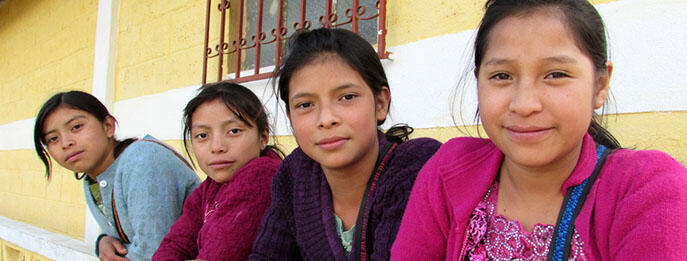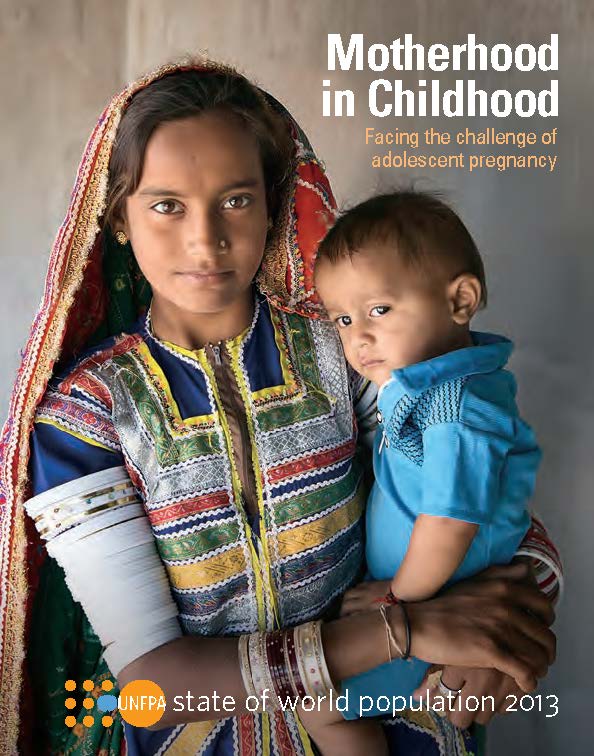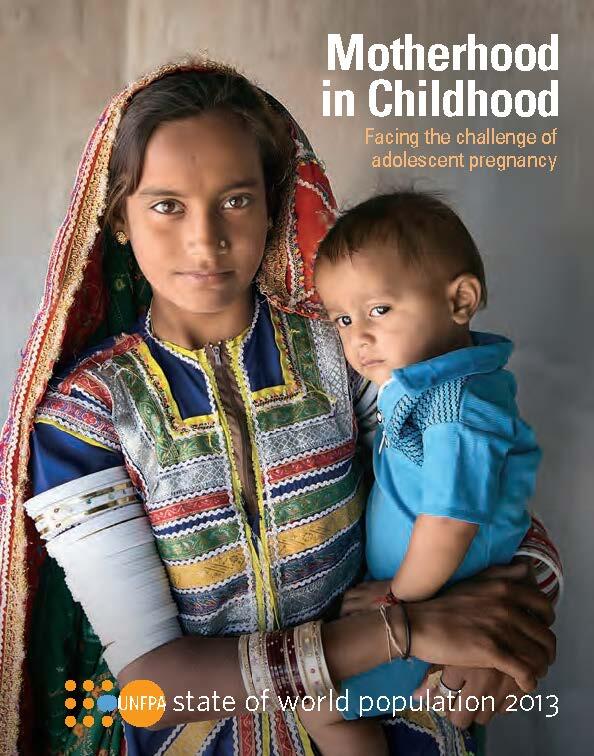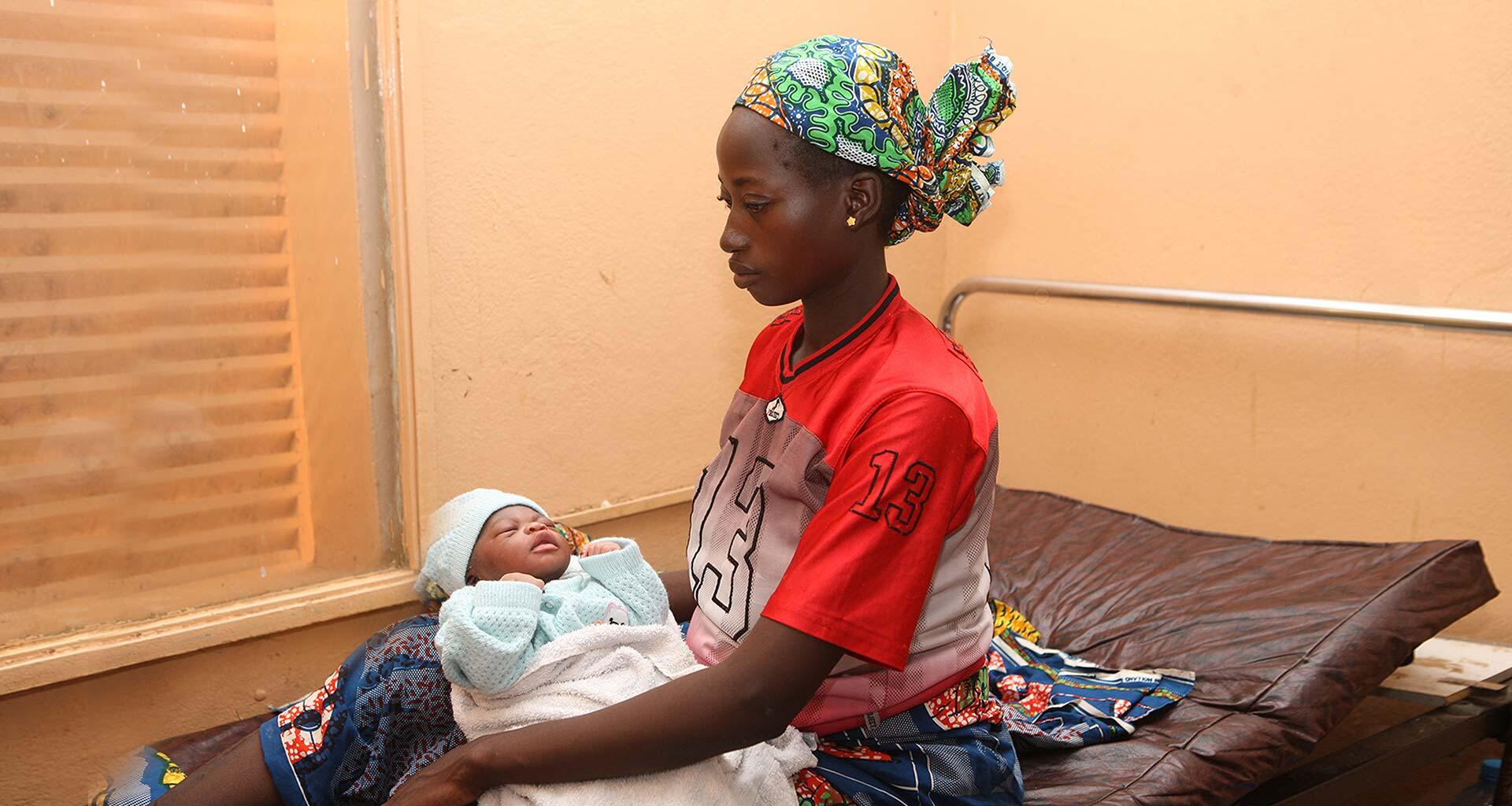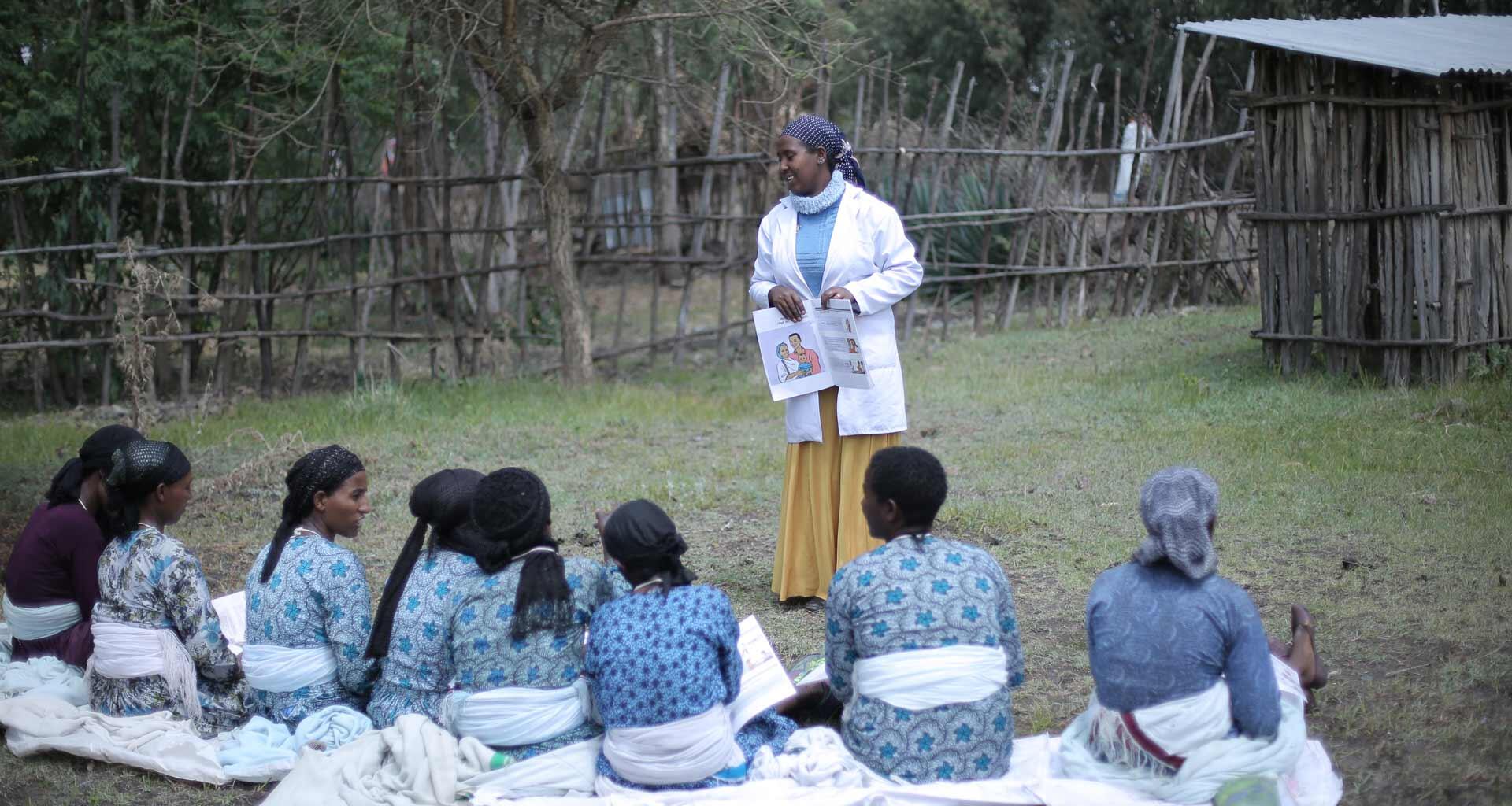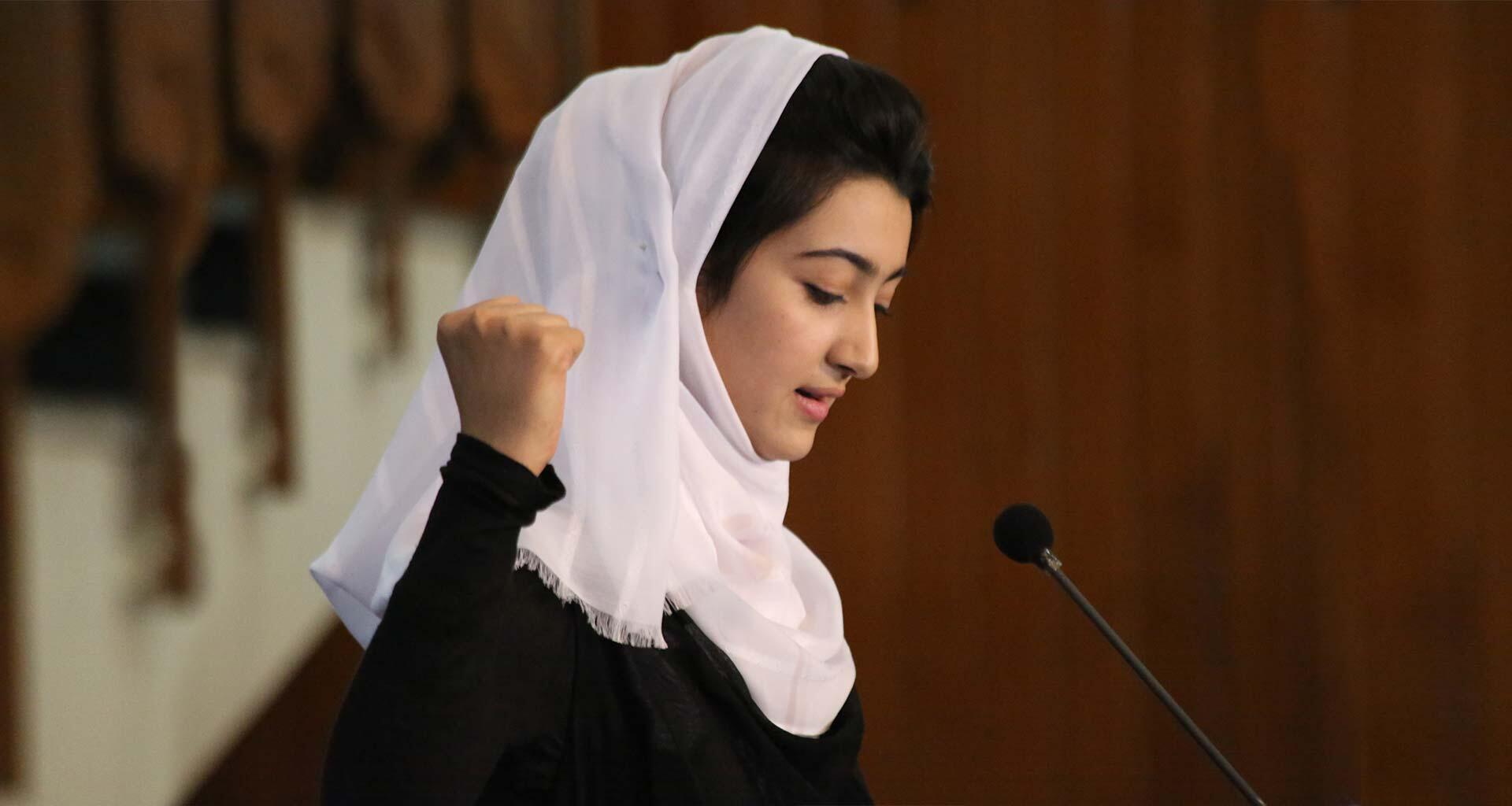Global child marriage rates are slowly falling. Recent data show that 25 million child marriages were prevented in the last decade. Around 2000, one in three women between the ages of 20 and 24 reported they had been married as children. In 2021, this number is around one in five.
Still, progress has been uneven, and child marriage is not declining fast enough. Because of population growth in regions where child marriage is more prevalent as well as the socioeconomic impacts of COVID-19, the total number of child marriages is projected to increase by 2030. To change this, we must accelerate our actions to end child marriage.
Ending child marriage could be surprisingly affordable. In 2019, UNFPA released a joint study with the Johns Hopkins University, in collaboration with Victoria University, the University of Washington and Avenir Health, assessing the price tag to end child marriage in 68 countries that account for about 90 per cent of these marriages. Ending child marriage in these countries by 2030, researchers concluded, would cost just $35 billion – roughly $600 to spare each child bride.
Existing laws against child marriage should be enforced, especially when girls at risk of child marriage, or who are already married, seek protection and justice. And where it is not yet the case, the legal age of marriage should be raised to 18 without exceptions. But laws only provide the framework for action against child marriage. Practices people deem acceptable are unlikely to disappear through legislation alone.
Governments, civil society and other partners must work together to ensure girls have access to quality education, health information and services, comprehensive sexuality education and life-skills training. Girls who are able to stay in school and remain healthy enjoy a broader range of options, and they are more likely to be able to avoid child marriage.
And, importantly, girls who are already married or in a union need to be supported. They need sexual and reproductive health services to help them avoid early pregnancy and sexually transmitted infections including HIV. Those who become pregnant need access to appropriate care throughout pregnancy, childbirth and in the post-partum period. They should be supported, if they choose, in returning to formal or non-formal education.
Together, these measures lead to more bodily autonomy for girls, their being more in control of their lives, healthier families, higher levels of gender equality and, in turn, stronger societies and more vibrant economies. No society can afford the lost opportunity, waste of talent or personal devastation that child marriage causes.

